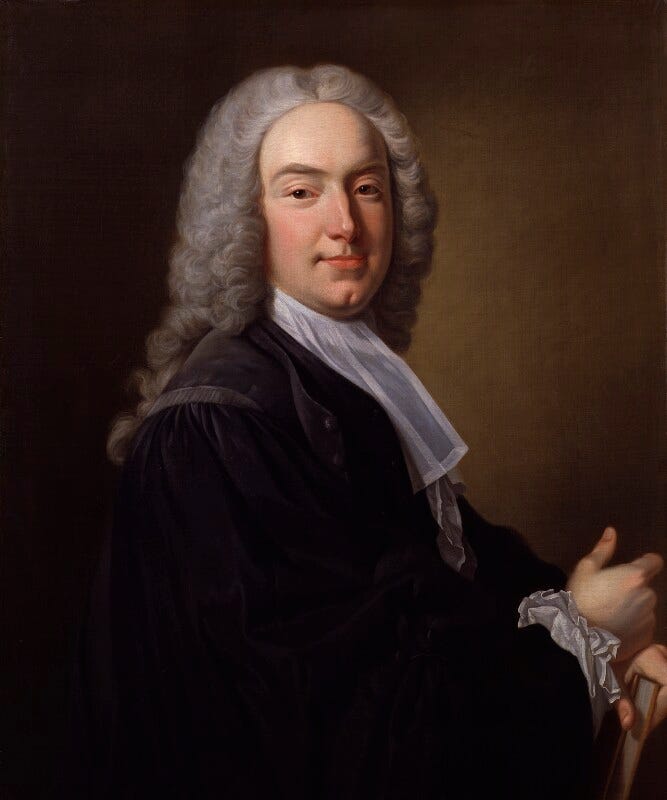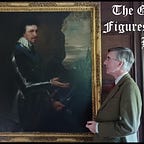As the fourth son of an impecunious Scottish peer, Murray, or Mansfield as he became, was destined for a career as a clergyman. He was educated at Westminster School, which had a particularly strong clutch of scholars in the early 18th century, and then at Christ Church, Oxford.
It was his and the nation's good fortune that he was sponsored by Thomas, Lord Foley, who was his contemporary and inherited great wealth from his father. This led to him having a political as well as a legal career.
From his youth he clashed with William Pitt the Elder, winning the earliest honours in 1727 for composing a poem in Latin on the death of George I, when he beat Pitt for the first prize. Fifty-one years later, after decades of disagreements, he was in the chamber of the House of Lords when Pitt had the seizure from which he died. Mansfield was criticised for failing to show any concern and also for absenting himself from Pitt's funeral.
Both were great orators and able to command the attention of the House of Commons. Pitt was more popular with the people, and had a finer political touch. It was said that while Pitt was better at emotion, Mansfield knew the detail. Perhaps as a lawyer, he took a more legalistic approach.

As an MP, Mansfield was a consistent defender of the government in the House of Commons, where he sat for the Duke of Newcastle's Rotten Borough in Boroughbridge, Yorkshire.
He was not noticeably liberal, perhaps seeking to make up for his family's expected Scottish sympathies to the Stuarts. He was damagingly accused of being a Jacobite during his career, which even Pitt alluded to. (The Jacobites, named after James II, supported his son, the Old Pretender and grandson, the Young Pretender, in their claim to the throne against the Hanoverians.)
If he had Jacobite sympathies, he did not show them in 1743, when he supported measures to maintain Hanoverian mercenaries to protect the country from an expected uprising north of the border. He also backed the continued suspension of habeas corpus, a touchstone of English freedom, in anticipation of the Jacobite revolt that took place in 1745.
Yet politics was not his true calling, albeit showing early signs of success. His political posts were legal ones, Solicitor General in the Wilmington administration from 1742, with promotion to Attorney General by the Duke of Newcastle in 1754. It was from here the he exercised his apparent right to succeed Sir Dudley Ryder, the Lord Chief Justice, when he died in 1756.
The Duke of Newcastle, then Prime Minister, was keen to keep him in the House of Commons and offered an annual pension of £6,000 as well as the Chancellorship of the Duchy of Lancaster for life, but Murray refused and so was raised to the peerage as Baron Mansfield of Mansfield, on appointment as Lord Chief Justice (technically of the King's Bench, but already known simply as the Lord Chief Justice).
It was here that he was to make the name that resounds down the ages. His importance is not solely because of one famous case.













